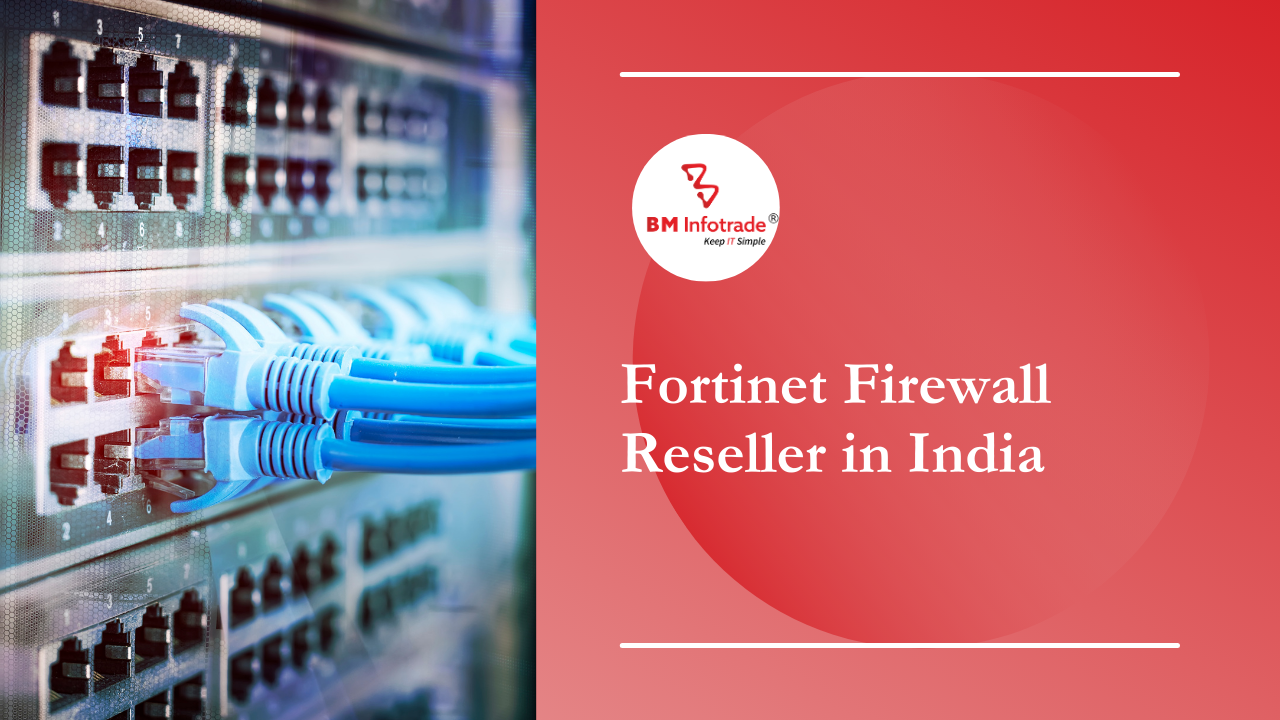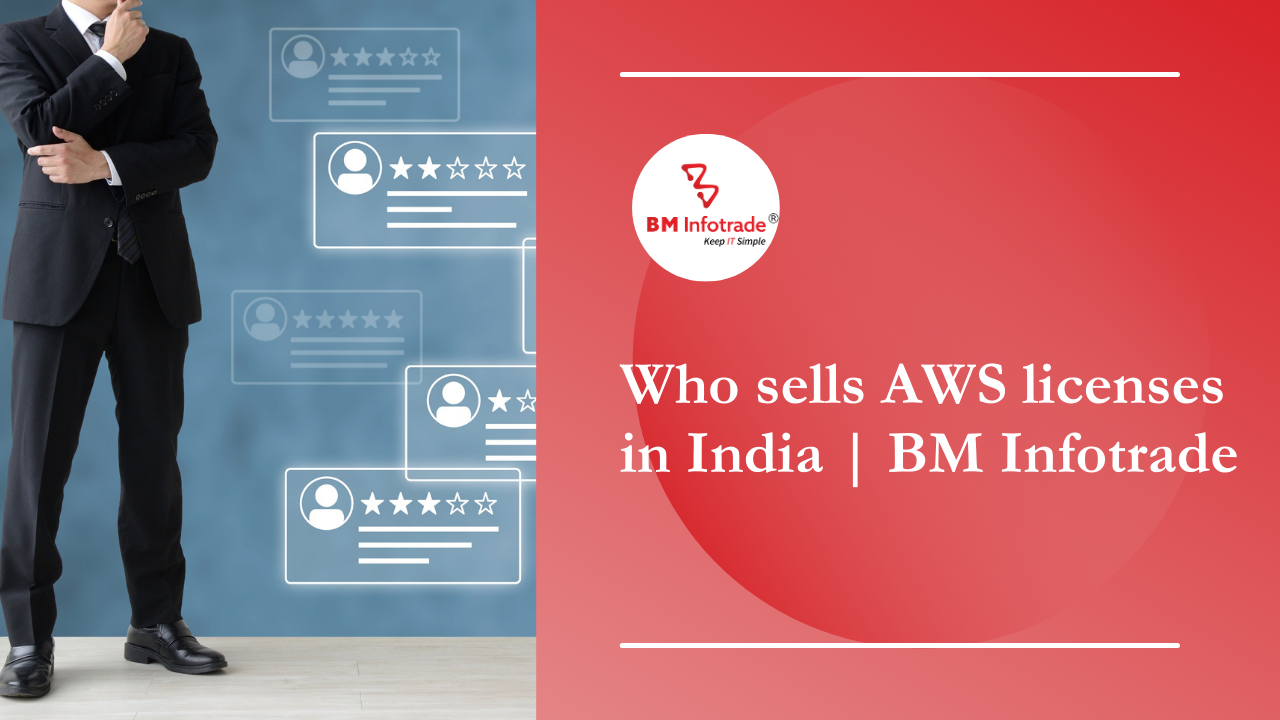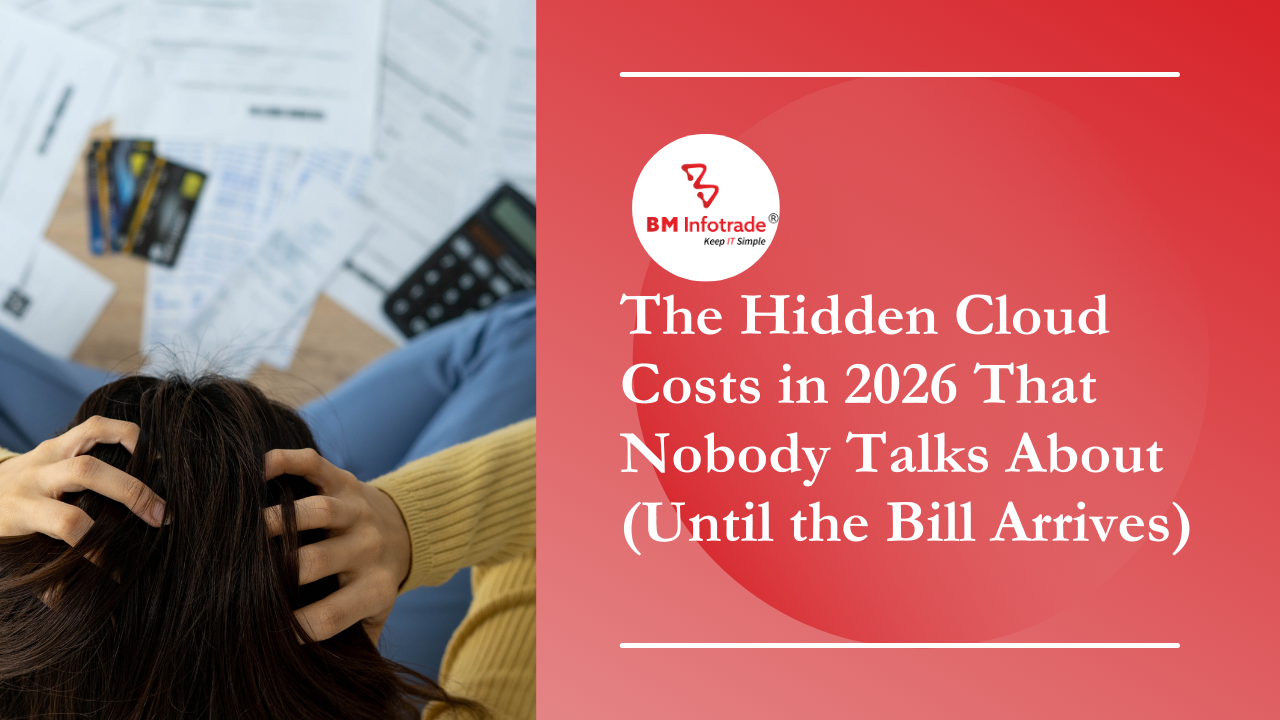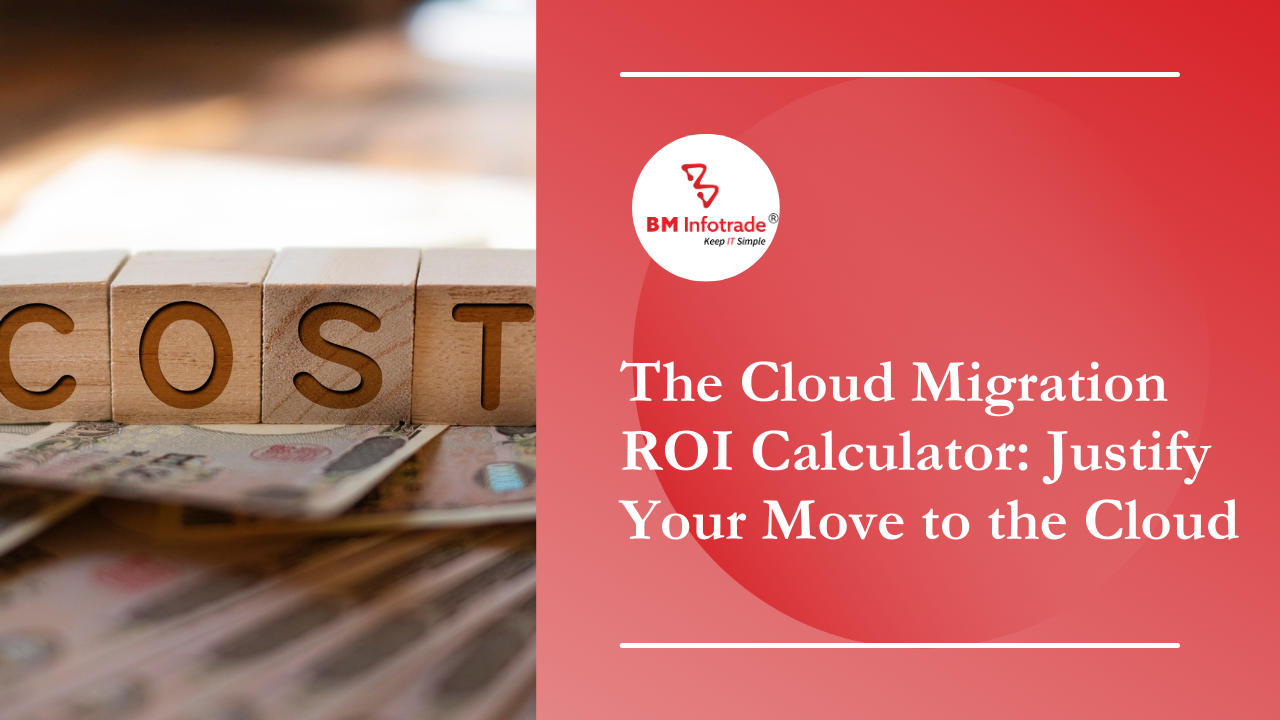Private Cloud vs Public Cloud: What’s Better for Regulated Industries?
Explore the key differences between private and public cloud for regulated industries. Learn which offers stronger compliance, data security, and flexibility to meet strict industry demands.Explore the key differences between private and public cloud for regulated industries. Learn which offers stronger compliance, data security, and flexibility to meet strict industry demands.

Private Cloud vs Public Cloud: What’s Better for Regulated Industries?
Table of Contents
- Introduction to Cloud Deployment Models (Public Cloud & Private Cloud)
Contact:- https://bminfotrade.com/contact
sales@bminfotradegroup.com , +919314508367 , +919829189200
In the contemporary digital economy, heavily regulated sectors such as healthcare, banking, pharmaceuticals, and public agencies confront mounting pressure to modernise their IT back ends, and they must do so without sacrificing security, compliance, or operational control. Perhaps the most consequential choice facing these organisations is whether to adopt a private cloud model or to entrust sensitive workloads to a public cloud provider.
Which option, then, best serves environments where data privacy, legal compliance, and continuous uptime are not luxuries but absolute requirements? Let's examine the strengths and limitations of each approach before concluding.

Introduction to Cloud Deployment Models (Public Cloud & Private Cloud)
Cloud computing lets companies plug into powerful IT resources without buying and maintaining bulky servers. People usually divide these setups into two big groups:
- 1. Public cloud: Shared servers live online, managed by firms like AWS, Microsoft Azure, and Google Cloud. Because the vendor handles most updates, this option costs less, grows fast, and leaves infrastructure care mostly off the buyer's plate.
- 2. Private cloud: A private stack can sit on the company floor or be rented from a host. While it costs more, the buyer gets tighter control, custom setup, and stronger security for sensitive jobs that can't share a public lane.
Understanding Regulated Industries: Why It Matters
Influential sectors such as healthcare, finance, insurance, manufacturing, and government agencies encounter stringent regulatory oversight:
1. HIPAA safeguards the privacy and security of patient information in healthcare.
2. PCI-DSS establishes requirements for protecting payment-card data.
4. SOX imposes controls on public companies' financial reporting.
5. GxP underlies quality assurance processes in pharmaceuticals and life sciences.
In these fields, compliance transcends a technical checkbox, it is an enforceable legal obligation. As a result, every cloud implementation must satisfy higher standards of data security, governance, and audit capability.
Advantages of Private Cloud for Regulated Industries
1. Data Sovereignty & Control
Private clouds allow organisations to dictate exactly where data lives, how staff and partners reach it, and who is ever able to touch it. For firms bound by residency laws that forbid moving certain information across borders, this degree of oversight is not optional; it is mission-critical.
2. Enhanced Security Posture
Because every component of a private cloud can be built from the ground up, leaders often install next-generation firewalls, continuous intrusion detection, and end-to-end encryption that match their unique threat landscape. Such a tailored shield matters most in sectors where minor leaks deliver costly legal blows or tarnish hard-earned reputations.
3. Compliance-Friendly Infrastructure
Increasingly, architects draft cloud systems alongside the needs of regulators. Leading private-cloud providers now offer stacks that arrive pre-aligned with HIPAA, ISO 27001, GDPR, PCI, and similar standards, streamlining audits and lightening the load for in-house personnel.
4. Customisation & Integration
Regulated industries seldom fit a one-size-fits-all model, and IT demands can vary widely even within a single organisation. Private-cloud environments respond by supporting bespoke access policies, automated workflows, seamless legacy integrations, and precise network slices, ensuring each control works as intended without unnecessary friction.
Why Regulated Industries Still Consider Public Cloud
Even with the risks often highlighted, well-designed public-cloud offerings still promise clear benefits, encouraging heavily regulated firms to test them step by step.
- 1. Scalability and Agility: Public clouds let organisations scale compute power, storage, and services up or down in minutes, giving researchers, hospitals caught in a pandemic surge, and banks facing sudden traffic the precise responsiveness they need.
- 2. Cost Efficiency: Because public-cloud models demand little front-end capital and charge only for resources used, they ease budget pressure on start-ups and public agencies that have to make every dollar count.
- 3. Innovation Speed: Top providers bundle advanced AI, machine-learning, big data, and automation tools into their platforms, letting teams prototype and launch services quickly; pharmaceutical labs, for instance, have cut drug-discovery cycles by tapping these ready-to-use capabilities.
- 4. Compliance Partnerships: AWS GovCloud, Microsoft Azure Government, and Google Confidential Computing offer environments engineered to meet sector-specific rules, translating complex compliance frameworks into cloud-ready controls.
Key Comparison Table

Hybrid and Multi-Cloud: The Middle Path
Many regulated organisations now adopt a hybrid or multi-cloud architecture, assigning workloads as follows:
-
1. Private cloud holds sensitive data and critical applications to meet strict compliance mandates.
-
2. Public cloud manages non-sensitive tasks, backups, testing, and analytics, where agility is paramount.
This approach balances regulatory rigour with room for innovation, avoiding complete dependence on either model. Adding multiple public providers-say AWS, Azure, and on-premise VMware-enhances flexibility but demands advanced orchestration and governance.
Risks of Choosing the Wrong Model
Pick the wrong cloud setup, and the fallout can be huge. You might face:
- 1. Fines worth crores because you broke compliance rules.
- 2. Customer data leaks that put sensitive records in the open.
- 3. Lawsuits for mishandling data or sending it where it shouldn't go.
- 4. A major dent in customer trust and the reputation your brand took years to build.
That's why your cloud decision shouldn't follow the latest buzz; it should grow from a careful look at risks and rewards, shaped by the rules you live by.
Conclusion: So What’s Better?
Regulated sectors rarely benefit from a single, uniform technical solution.
- 1. When an organisation manages mission-critical, sensitive, or legally mandated data, a private cloud-or a well-governed managed variant-usually provides the highest level of security and compliance.
- 2. On the other hand, if the firm prioritises agility, cost control, and safe experimentation, and regulatory guardrails such as sandboxing and network segmentation are robustly enforced, a carefully monitored public cloud may meet those needs.
In practice, a hybrid or multi-cloud approach often delivers the best blend of resilience, flexibility, and long-term viability for diverse workloads.
Contact:- https://bminfotrade.com/contact
sales@bminfotradegroup.com , +919314508367 , +919829189200
FAQs
1. What is the main difference between private and public clouds for regulated industries?
The main difference is that private clouds offer dedicated infrastructure and enhanced control, making it easier to meet strict regulatory and compliance requirements, while public clouds provide shared infrastructure and are typically more cost-effective and scalable.
2. Why do regulated industries often prefer private clouds?
Regulated industries such as finance, healthcare, and government prefer private clouds because they allow for tailored security protocols, strict access controls, and compliance with standards like HIPAA and GDPR.
3. Can public clouds be safely used by regulated industries?
Yes, but additional compliance measures and careful evaluation of provider certifications (e.g., ISO, SOC 2) are required; many public cloud providers also offer compliance tools and controls to support regulated workloads.
4. What are the main benefits of a public cloud for regulated industries?
Public clouds offer significant cost savings, rapid scalability, access to advanced tools, and reduced need for in-house technical management, which can benefit regulated organizations willing to manage compliance responsibilities carefully.
5. Is a hybrid cloud approach suitable for regulated industries?
Yes, hybrid cloud models can combine the security and control of private clouds with the scalability and efficiency of public clouds, providing flexibility for businesses managing both sensitive and non-sensitive workloads.
Contact:- https://bminfotrade.com/contact
sales@bminfotradegroup.com , +919314508367 , +919829189200







Anshul Goyal
Group BDM at B M Infotrade | 11+ years Experience | Business Consultancy | Providing solutions in Cyber Security, Data Analytics, Cloud Computing, Digitization, Data and AI | IT Sales Leader